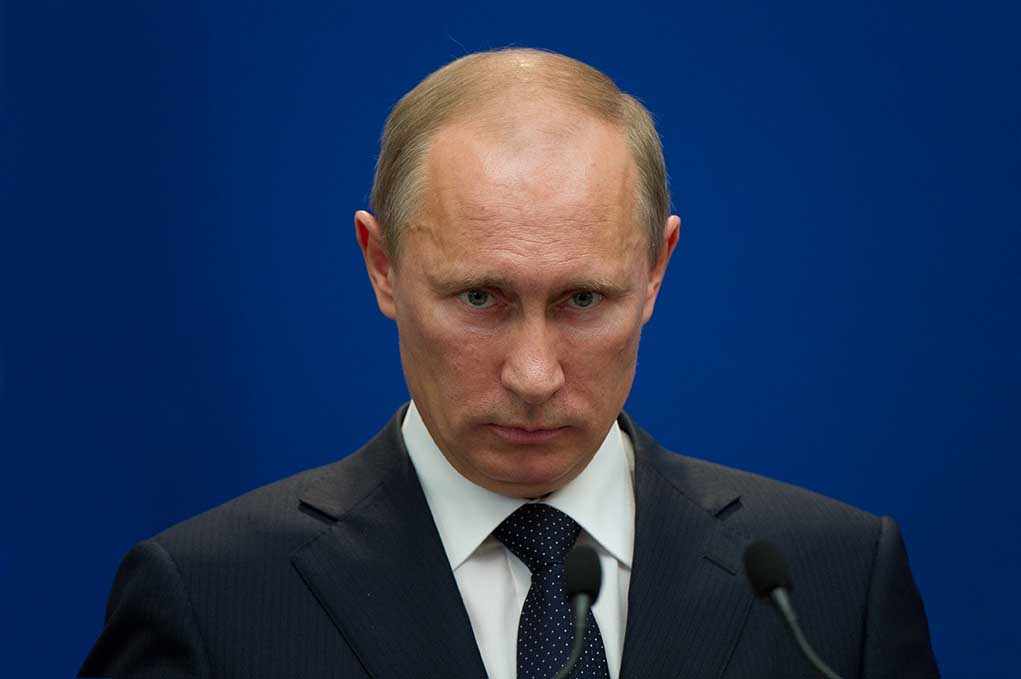
A sweeping new law criminalizes online searches for “extremist” content, marking a severe clampdown on Russian internet freedoms.
Story Highlights
- The Russian State Duma has enacted a law criminalizing searches for “extremist” content.
- Technical disruptions and internet infrastructure consolidation threaten Russia’s digital freedom.
- Russia promotes a state-controlled messenger app, replacing international platforms.
Intensified Internet Control Measures in Russia
In July 2025, the Russian State Duma passed a law criminalizing the act of searching for content deemed “extremist” online. This move is part of a broader push by the Kremlin to tighten its grip on the digital space, further isolating Russian internet users from global platforms. The legislation imposes fines on individuals accessing banned content and intensifies penalties for VPN use, reflecting a significant escalation in the government’s control over the internet.
This crackdown is part of a series of technical disruptions that include throttling and shutdowns targeting services like YouTube and WhatsApp. These measures align with the Kremlin’s long-term strategy to consolidate internet infrastructure under state-friendly entities, thereby facilitating greater control over information flow and user activity. As more IP addresses come under the management of state-linked companies like Rostelecom, the threat to digital freedom becomes increasingly palpable.
Historical Context of Russia’s Digital Clampdown
The Russian government’s efforts to control the internet date back to the mass protests of 2011–2012, which were largely coordinated online. In response, the Kremlin introduced the “blacklist” law in 2012, allowing the blocking of websites deemed harmful. Over the years, these measures have evolved into a sophisticated network of legal, technical, and infrastructural controls, mirroring China’s “Great Firewall.” However, Russia’s approach remained less technologically advanced until recent developments.
The invasion of Ukraine in 2022 marked a turning point, leading to the mass blocking of Western platforms and the criminalization of “fake news” about the military. By 2025, these efforts have intensified, with the state-backed MAX messenger being promoted as a replacement for WhatsApp. This app, preinstalled on new devices, is part of a broader push for a “sovereign internet,” which could potentially isolate Russia from the global web and entrench state control.
Implications and Future Outlook
The implications of these developments are profound. In the short term, there is increased fear and self-censorship among internet users, with access to independent news and social media significantly disrupted. For businesses and civil society reliant on foreign infrastructure, the challenges are mounting. Long-term effects could include the entrenchment of authoritarian control over digital space, erosion of civil liberties, and economic stagnation as foreign platforms and expertise are excluded.
Moreover, the consolidation of internet infrastructure under state-friendly entities like Rostelecom and the rollout of state-controlled digital platforms highlight the Kremlin’s commitment to reducing foreign influence and maintaining political control. These measures not only suppress dissent but also aim to create a climate of fear and self-censorship among ordinary users seeking independent information.
Internationally, these actions have drawn criticism from human rights organizations and independent media, which highlight the escalating repression and call for greater accountability. However, official Russian sources justify the measures as necessary for national security and public order, further complicating the global response to Russia’s tightening digital grip.
Sources:
Wikipedia: Internet censorship in Russia
Committee to Protect Journalists
“`




